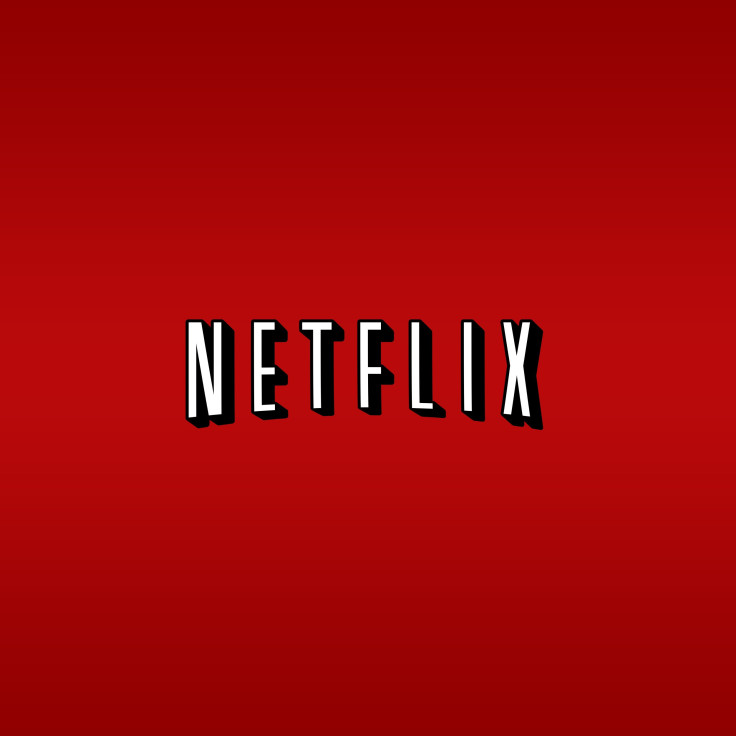How Net Neutrality Affects Netflix: Court Ruling Could Raise Netflix Fees $4.80 Per User

While Verizon Communications Inc. (NYSE: VZ) and other Internet service providers scored a big victory on Tuesday when a Court of Appeals struck down the Open Internet Rules set forth by the Federal Communications Commission, the ruling was seen as a major defeat for Internet companies. Hit the hardest are video streaming services, and Netflix Inc. (NASDAQ: NFLX) may be one of the most affected by the decision.
The rules, more popularly known as the “net-neutrality” rules, required ISPs to treat all Internet traffic equally. With the rules struck down, ISPs can charge companies like Google Inc. (NASDAQ: GOOG), Youtube and Amazon.com Inc. (NASDAQ: AMZN) for taking up a greater bandwidth.
Video-streaming services put the largest strains on networks, and traffic has more than doubled over the past year, according to a Bloomberg report. Netflix, the world’s largest streaming service, accounts for about 32 percent of peak traffic in North America and could face expenses as high as hundreds of millions of dollars each year to deliver its high-definition TV shows and movies to customers.
Analysts estimate that ISPs could start charging companies like Netflix as much as 80 cents per user for standard video, and as much as $4.80 per user for high definition, depending on the quality of the stream. With the announcement that Netflix wants to start streaming videos in 4k resolution, the new charges could quickly begin adding up.
Netflix reported earnings of $1.1 billion in the third quarter of 2013 and generated an estimated $4.37 billion in sales in the entire year. The fees could add up to as much as 10 percent of the company’s annual revenue, and it will likely get passed along to customers. The days of $7.99 per month for unlimited streaming could be numbered.
Netflix did not have a statement, but referred the International Business Times to a statement from the Internet Association, an advocacy group for Internet companies.
The Internet creates new jobs, new technologies and new ways of communicating around the globe. Its “innovation without permission” ecosystem flows from a decentralized, open architecture that has few barriers to entry. Yet, the continued success of this amazing platform should not be taken for granted. The Internet Association supports enforceable rules that ensure an open Internet, free from government control or discriminatory, anticompetitive actions by gatekeepers. We look forward to studying the D.C. Circuit’s opinion and working with the FCC and policymakers on the Hill to protect Internet freedom, foster innovation and economic growth and empower users.
It may not end up being so bad. Netflix developed the Open Connect server, which stores copies of Netflix’s most popular content to deliver smoother video streams and reduce network strain. Netflix has pressed ISPs to incorporate the technology into its networks.
ISPs have also said that they aren’t planning to institute the fees immediately. It could create a backlash from customers, especially those that use their broadband connections primarily to stream entertainment.
The FCC can also appeal the decision or rewrite the rules.
So Netflix fees aren’t going to increase right away, but the door has been opened for ISPs to institute the fees they are hoping for.
© Copyright IBTimes 2024. All rights reserved.






















